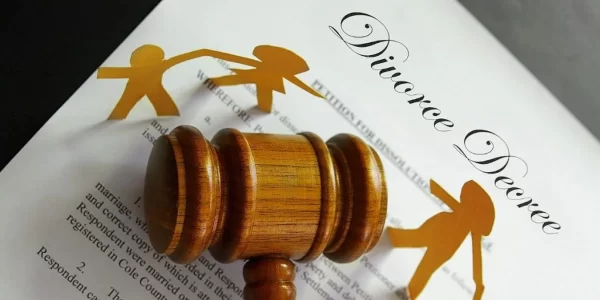
The best advice I give to my clients is “Don’t lose sight of the most important people in this case…YOUR KIDS!” Your children come first and you need to make sure that the decisions you make are what is in their best interest. After all, that is what the Court will do.
The Court looks at what is in the best interest of each one of your children. Yes, I said EACH CHILD. What is best for one of your children may not be best for the other. Each child should be assessed as to what is best for that child and his or her individual needs.
Regardless of any agreement you may have reached, the courts will still listen and have to make a determination that the agreement is in each child’s best interest. When evaluating a case, the Court looks at several factors. No single factor is most important. This is a list of some, but not all, of the factors, that courts will consider.
Does one party primarily care for the child?
Fitness of each parent. Psychological and physical capacities of the parties seeking custody. The court may also consider evidence of abuse by a party against the other parent, the party’s spouse, or any child residing within the party’s household (including another child).
Character and Reputation.
Agreements. Is there a custody agreement already in place?
Ability to Maintain Family Relationships. Who will be best able to help the child maintain family relationships? Is one party punishing the child for the actions of the other parent?
Child Preference. The decision of the court may be reversed on appeal if the judge does not hear the child’s preference. However, the judge will often choose to interview the child outside the presence of the parents and in chambers. Though it is rare, the court will hear from a child under 7 years, and a child as young as 5 or 6 years of age may be heard. The child’s maturity, and whether the child can tell the truth from fiction will guide the decision whether a child may be heard. A child of at least 10 or 12 years of age is certainly entitled to have their opinions heard and given weight in legal proceedings about custody. Additionally, the court has the power to appoint an attorney for the child in contested cases.
Material Opportunity. Which parent has the financial resources to provide for the child?
Age, Health and Gender of Child.
Residences of Parents and Opportunity for Visitation. What is the distance between the parent's homes? What is the distance in relation to the child’s school, friends and extended family?
Length of Separation. Is the child estranged from one of the parties and for how long have they been separated?
Any Prior Abandonment or Surrender of Custody.
Religious Views. These will be important in the court’s decision ONLY IF you can show that religious views affect the physical or emotional well-being of the child.
Disability. A party’s disability is only relevant to a custody decision if the disability affects the best interest of the child.
When there is a request for shared/joint custody, the Court will look at these additional factors:
The capacity of the parents to communicate and to reach shared decisions affecting the child’s welfare
Willingness of the parents to share custody
Fitness of the parents
The relationship established between the child and each parent
Preferences of the child
Potential disruption of the child’s social and school life
The geographic proximity of the parental homes
Demands of parental employment
Age and the number of children
Sincerity of the parent's request
Financial status of the parent
Impact on state or federal assistance
Benefit to parents and
Other relevant factors to each specific case can be considered
Sometimes parties can get so wrapped up in their hatred for the other party that they can have a momentary lapse in judgment and lose sight of the most important thing. The best family lawyers keep their clients focused on their children and what is best for the children.
Contact the Law Offices of Kerri Cohen for a Consultation. You can trust that we will do whatever is necessary to protect your children.